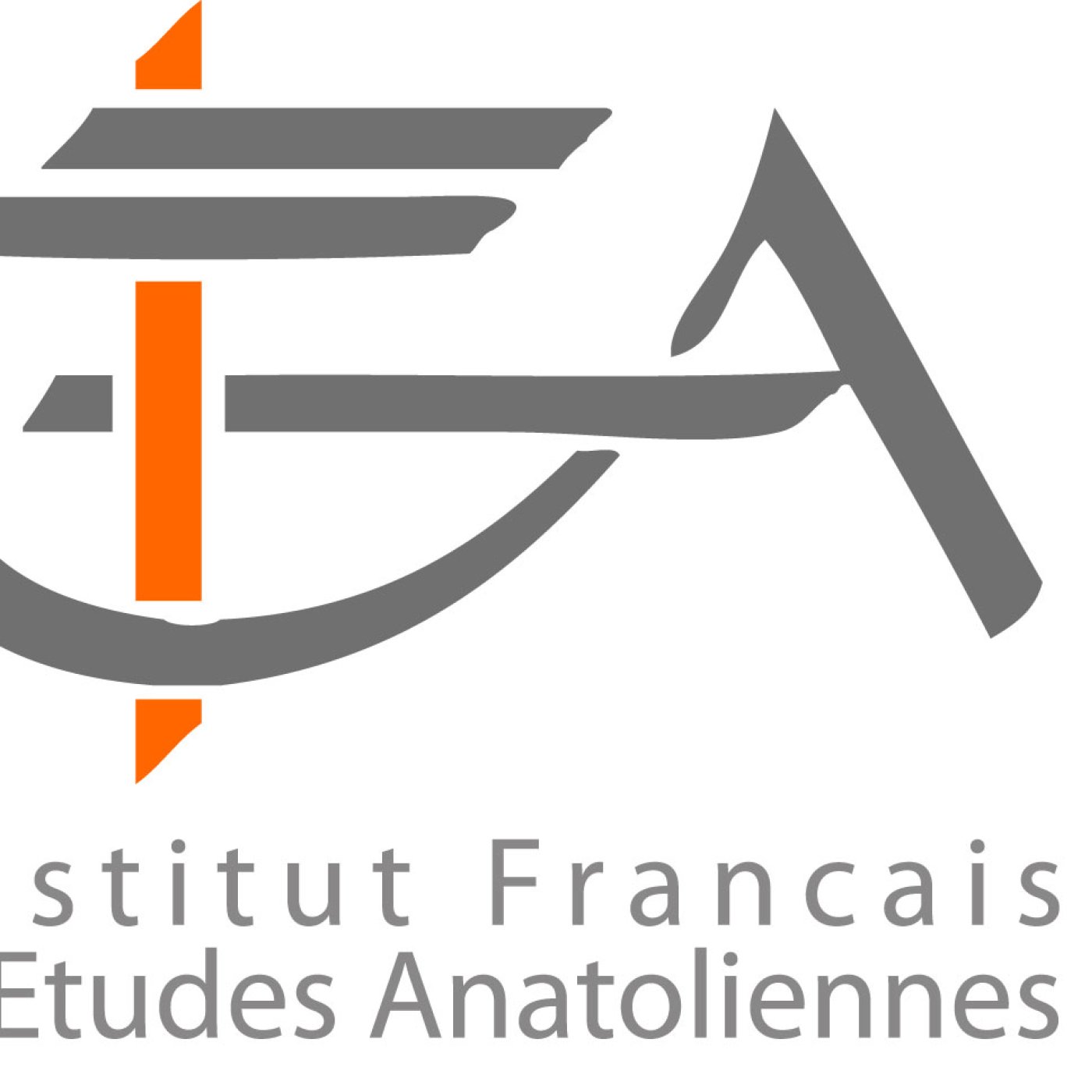Turkey and Europe: Issues and Challenges

In a recent comment, the Turkish President Recep Tayyip Erdogan said that Turkey desires to “turn a new page in its relations with the EU in the new year,” in a message addressed to the European Commission President Ursula von der Leyden. According to him, the new year would offer a positive atmosphere in terms of new cooperation not only in the field of migration as was the case since the signature of a deal between the two sides in 2016. There is a desire in Turkey to update the Customs Union, to get visa liberalization for Turkish citizens, and to reopen the membership negotiation.
In the same statement, the Turkish presidency said that “mutual trust should be restored” between Turkey and Europe but at the same time reproaching some European member states with “creating caprices” that creates artificial problems.
Last year, tensions between the EU and Turkey escalated around different issues such as the Eastern Mediterranean crisis, the situation in Syria, and the Nagorno Karabagh, among others.
The announcement made by Erdogan coincides with the presidency of Joe Biden that promises to have some impact on the Middle East, Turkey, and Europe. To what extent there is a correlation between Turkey’s change of tone vis à vis Europe and the departure of Donald Trump from the White House? Does the new US presidency offer good chances to resolve the numerous crises that exist between and Europe? To discuss the various challenges and issues between Turkey and Europe, we have invited to our seminar two prominent scholars, Sinem Nas and Sinem Akgül Açikmese.
- Çiğdem Nas from Yıldız Teknik Üniversitesi, is an Associate Professor of International Relations and the Secretary-General of the Economic Development Foundation. She is a graduate of the Political Science Department of Boğaziçi University and received her Master’s degree on European Social Policy at the London School of Economics and Political Science. She completed her PhD on Politics and International Relations of the EU at the Marmara University EU Institute and worked at the same Institute as a researcher and assistant professor between 1994 and 2007. She is a lecturer at the Yildiz Technical University since 2007 and has also been working since that date at the Economic Development Foundation which is an NGO dedicated to Turkey’s EU integration. Her research interests cover the European Union, European integration, European politics and Turkey and EU relations.
- Sinem Akgül Açıkmeşe is a Professor of International Relations at Kadir Has University (KHAS). She was a Jean Monnet fellow at LSE (2001-02), Turkish Academy of Sciences fellow (2002-08) and visiting PhD student at LSE (2005-06) in support of her research on EU foreign and neighborhood policies specifically from a security perspective, European integration, enlargement and Turkey-EU relations. Prof. Açıkmeşe has a teaching experience on EU studies of about 15 years, at various institutions including Ankara University and TOBB-University of Economics and Technology on a full-time capacity before she joined KHAS. She has expertise in running EU-funded projects and she is the academic coordinator at KHAS for overseeing the mobility under Erasmus+ and partnerships with various European universities. She is the academic coordinator of this module, responsible for providing perfection in teaching.
Interventions en anglais
Détails
| Date de l'événement | 10/02/2021 6:00 pm |
| Places | Illimitée |
| Inscrit.e.s | 0 |
| Lieu | Zoom meeting |




